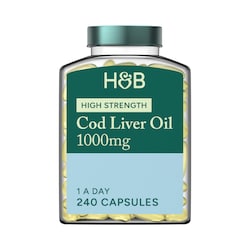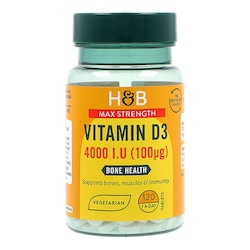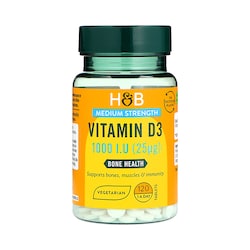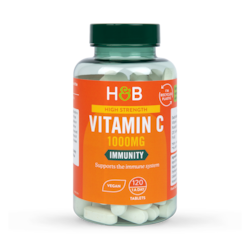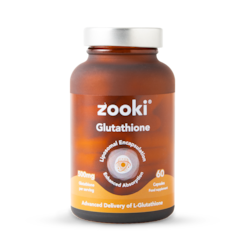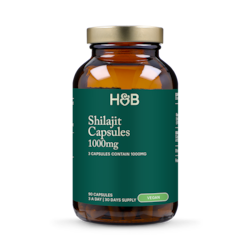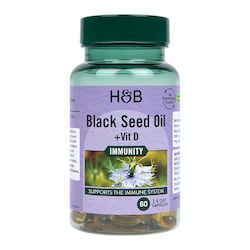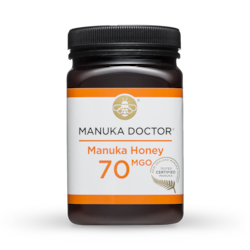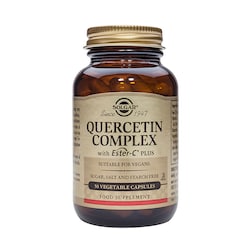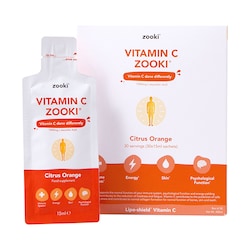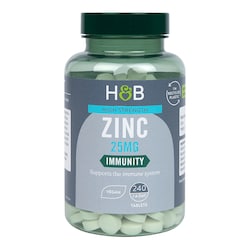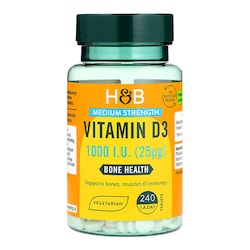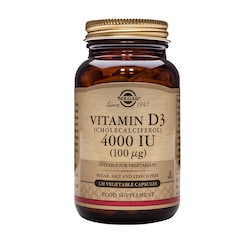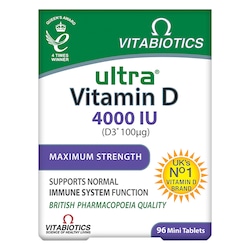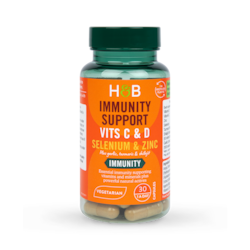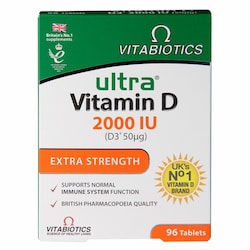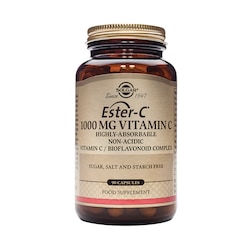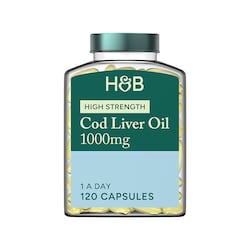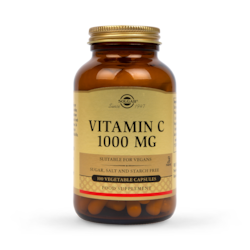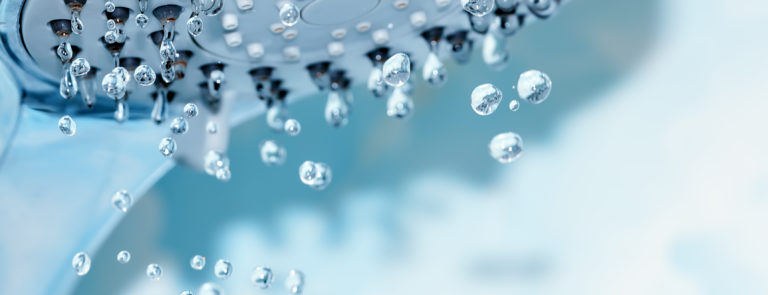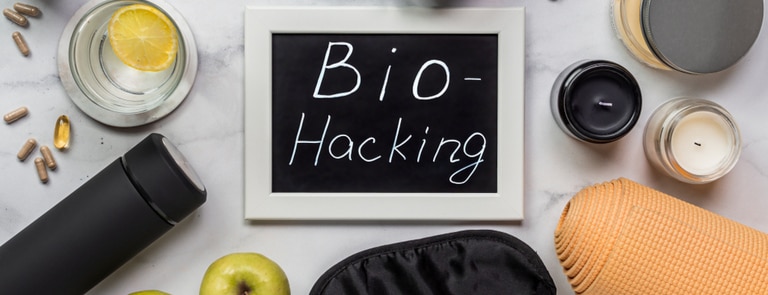20% off £30
How to relieve sinus pressure

There are few things as uncomfortable as sinus pressure. Mounting tension in the forehead, tightness around the eyes, nose and cheeks, blocked ears, a runny nose, and mucus in the throat passage all indicate sinus inflammation.
In this article, we’ll discuss what sinus pressure is and what causes it. Then, we’ll advise treatments and ways to prevent this irritating condition.
What is sinus pressure?
Inside the sinuses is a membrane that produces mucous. Mucous acts as a filtration system which captures dirt and other harmful, infection-causing particles before they enter our bloodstream.
The sinuses become inflamed whenever the immune system is fighting bacterial infection or virus. Sinus inflammation causes a feeling of pressure in the forehead, around the eyes, nose, cheeks, and mouth.
What causes sinus pressure?
Sinus pressure can be caused by bacteria irritating the mucous membrane, an infection, or an allergic reaction.
How to relieve sinus pressure
There are many home remedies to help alleviate some of the more uncomfortable symptoms of sinus pressure:
Inhale steam
Inhaling steam widens the sinus passages and softens hardened mucous, allowing it to dissipate and relieve pressure.
Fill a glass bowl with hot water, put a towel over your head and inhale deeply. Alternatively, if you want to relieve sinus pressure as part of your daily routine, simply run a hot bath or have a hot shower, and breathe deeply throughout.
Saline flush
Buy a saline flush from a pharmacy, or make a solution of sterile water, salt and baking powder at home. Inhale the liquid deeply to clear the sinuses of hardened mucous.
Neti pot flush
India’s ancient medicinal tradition, Ayurveda, advocated flushing the sinuses every day with a neti pot for optimal hygiene.1 Use a neti pot filled with warm water or saline solution to relieve sinus pressure.
Stay hydrated
Dehydration can increase dryness in the sinus passages, which exacerbates any latent sinus pressure. If you’re suffering from sinus pressure, increase your intake of water, or other warming fluids like:
- Tea
- Hot fruit squash
- Soups
- Broths
Sleep with your head above your heart
If you’ve ever had a swollen ankle, you’ll know that putting your foot above your heart can drain away some of that excess fluid. The same logic also works for sinus pressure. Increase blood flow from the sinuses to relieve mucous build-up by raising your head on pillows before bed, so it’s higher than your heart.
How to treat sinus pressure
Sometimes home remedies fail to relieve severe instances of sinus pressure. In which case, you should visit a doctor and pursue these treatments in consultation with a medical professional:
-
Steroid nasal spray
Steroid nasal spray mimics a naturally occurring human hormone to reduce inflammation throughout the sinuses.
-
Antihistamines
Sometimes sinus pressure is caused by allergies. In which case, antihistamines will combat that allergic response.
-
Antibiotics
When the bacteria causing sinus pressure makes you so ill you can’t function, antibiotics, taken in consultation with a doctor, might be the most appropriate treatment.
Last updated: 22 March 2021


